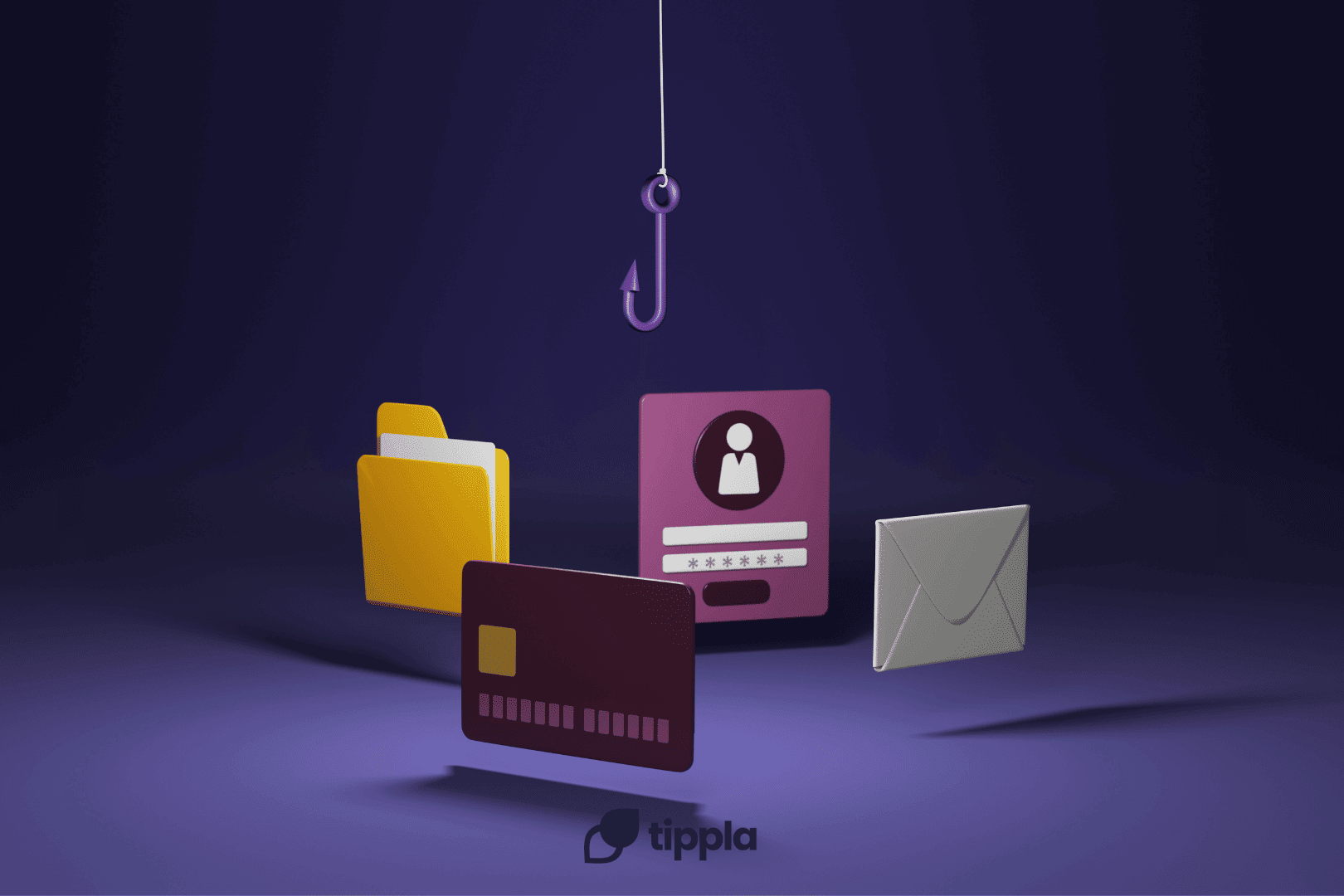Published in April 30, 2025
The Growing Demand For Forensic Auditors In Digital Finance

The rise of digital finance has brought with it new opportunities, but also new challenges. As the digital space continues to expand, so too does the need for forensic auditors. With the increasing complexity of digital financial transactions and the anonymous nature of blockchain-based assets, the role of forensic accountants has never been more critical.
This article delves into the growing demand for forensic auditors in the digital space, highlighting their vital role in ensuring transparency, preventing fraud, and maintaining the integrity of digital finance.
Understanding Forensic Auditing in the Digital Age
Forensic auditing is the practice of examining financial records and transactions to detect fraud, embezzlement, or any form of financial crime. Traditionally, forensic accountants have worked in industries like banking, insurance, and corporate finance to uncover financial wrongdoing. However, over the years, forensic auditing has evolved. With digital currency, digital wallets, and decentralised finance platforms becoming more mainstream, forensic accountants in Sydney now have to adapt their methods to these emerging technologies.
Forensic auditing is no longer just about analysing traditional financial statements or looking for discrepancies in paper records. It involves using sophisticated tools to trace transactions across blockchain networks, which are inherently designed to be secure and anonymous. This presents both unique opportunities and challenges for forensic accountants.
Difference Between Traditional And Forensic Accounting
In traditional finance, forensic auditors would typically rely on paper trails, bank statements, and ledgers to perform their factual investigations. However, digital finance has changed the landscape entirely.
In digital finance, transactions are often stored on decentralised ledgers, and records are maintained across multiple nodes in a blockchain. This decentralisation means that forensic accountants need to adopt more advanced techniques to track and trace digital transactions.
Rather than simply analysing bank records, forensic auditors in the digital space must use blockchain explorers, smart contract analysis, and other innovative methods to follow the flow of digital assets.
The Rise of Digital Currencies and the Emergence of New Financial Crimes
Digital payments is revolutionising the financial industry. With digital currencies, users can transfer assets directly to one another without intermediaries like banks. This has created an explosion of blockchain-based assets. While this has undoubtedly opened up new financial possibilities, it has also provided new avenues for financial crime.
One of the most concerning aspects of digital currency is the anonymity and decentralisation they offer. While traditional financial systems are subject to strict regulations and oversight, blockchain technology is designed to operate outside of these systems. This decentralisation makes it easier for criminals to engage in illegal activities such as money laundering, fraud, and tax evasion.
The anonymity factor also makes it harder for businesses and individuals to know who they are transacting with. This challenge has led to an increasing demand for forensic investigation services.
Regulatory Pressure and Compliance Trends
As the digital space continues to grow in popularity, governments around the world are tightening regulations surrounding digital assets. Many countries around the world have introduced or are in the process of developing regulations to address the rise in digital currency-related crime. These regulations are focused on preventing illegal activities such as fraud, money laundering, and terrorist financing.
The increasing regulatory scrutiny means that businesses must comply with a growing set of rules. This has led to a rise in demand for forensic auditors who can ensure that businesses are operating within the bounds of the law. Forensic accountants specialising in digital finance are now tasked with ensuring that transactions comply with both national and international laws, creating a need for compliance-driven auditing. In fact, more companies are turning to forensic accounting services to ensure that they stay on the right side of the law and avoid hefty fines.
The Forensic Audit Process
Forensic auditors follow a structured process to uncover fraudulent or illegal activities. Here’s a closer look at how forensic audits are conducted in digital finance.
- Initial Discovery and Red Flags: The first step in any forensic audit is identifying potential red flags that could indicate fraudulent activity. This might include irregular patterns of transactions, large amounts of funds moving to unverified wallets, or suspicious account activity. These are typically flagged by automated monitoring systems, but human auditors must investigate further.
- Tracing Blockchain Transactions and Wallet Activity: Once a potential issue is identified, forensic accountants begin tracing transactions across the blockchain. Each transaction is recorded on the blockchain and can be tracked using a unique identifier. Forensic auditors use blockchain explorers to trace these transactions and determine where the assets originated and where they ultimately ended up.
- Using On-Chain Analysis Tools: To aid in the audit process, forensic accountants often use specialised on-chain analysis tools. These tools allow auditors to analyse blockchain transactions more deeply, identifying patterns, wallet addresses, and even linking transactions to known criminal activities.
- Reporting Findings to Stakeholders and Law Enforcement: Once the audit is complete, forensic accountants report their findings to the relevant stakeholders, which may include law enforcement, regulatory bodies, and the business that was the victim of the fraud. These reports are crucial in helping authorities take action and pursue legal action if necessary.
- Legal Considerations and Admissibility of Digital Evidence: One of the biggest challenges in digital finance forensic auditing is ensuring the admissibility of digital evidence in court. Since blockchain transactions are irreversible, forensic accountants must ensure that all evidence is gathered in a legally sound manner, so it can be used effectively in legal proceedings.
The growing demand for forensic auditors in digital finance is a reflection of the changing financial landscape. As digital currencies continue to grow in popularity, so too does the risk of fraud and other illicit activities. If you’re involved in the digital space or digital finance, it’s crucial to work with experienced forensic accountants who understand the nuances of blockchain and digital transactions. By doing so, you can ensure your operations are secure, compliant, and protected from the growing threat of financial crime.
While we at Tippla will always do our best to provide you with the information you need to financially thrive, it’s important to note that we’re not debt counsellors, nor do we provide financial advice. Be sure to speak to your financial services professional before making any decisions.
Subscribe to our newsletter
Stay up to date with Tippla's financial blog



